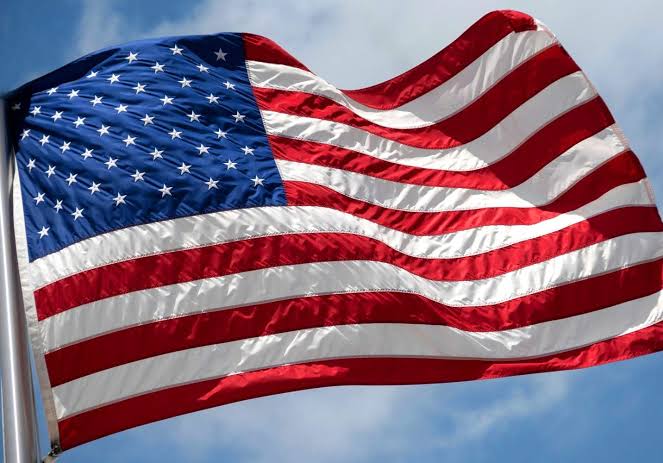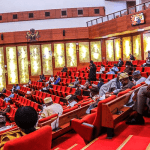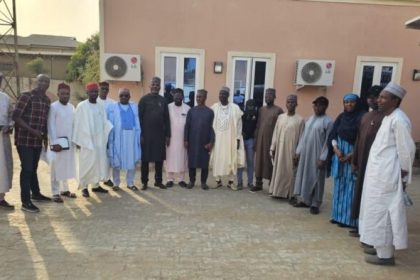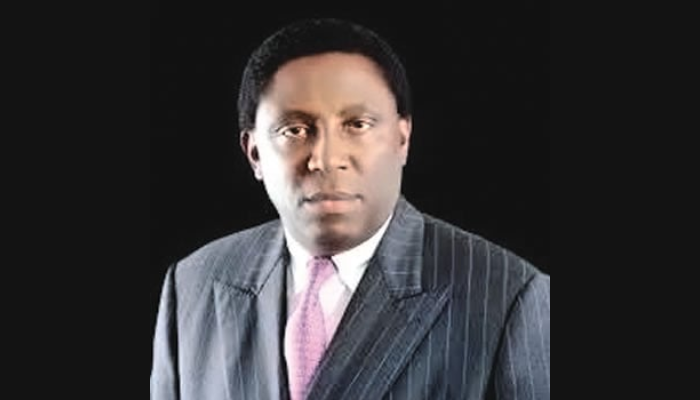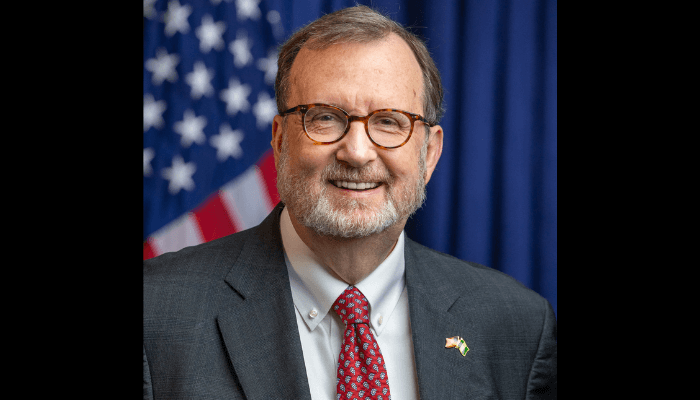The United States Embassy in Abuja and the Consulate General in Lagos will be closed today, Friday, July 4, 2025, in commemoration of U.S. Independence Day of the United States as a sovereign nation.
The U.S. Mission in Nigeria announced the closure in a public notice issued via its official X (formerly Twitter) handle on Wednesday.
According to the statement, all routine consular services, including visa interviews, passport renewals, and notarial services, will be suspended for the day. Operations are expected to resume on Monday, July 7, 2025.
“U.S. citizens in Nigeria requiring urgent assistance during the closure are advised to contact the embassy’s emergency lines,” the Mission said.
The temporary suspension comes at a particularly busy time for the consular section, as July is typically a peak period for travel, educational enrollment, and family visits.
Many Nigerians planning to travel to the U.S. for summer holidays or academic programs may experience a brief delay in processing.
The U.S. Independence Day, celebrated annually on July 4, marks the adoption of the Declaration of Independence in 1776, when thirteen American colonies declared their freedom from British rule.
The day is traditionally celebrated with fireworks, parades, patriotic displays, and ceremonies across the United States and its diplomatic missions abroad.
In Abuja, the U.S. Mission recently hosted a commemorative dinner to mark America’s 249th Independence Day anniversary.
Speaking at the event, Richard Mills, U.S. Ambassador to Nigeria, highlighted the deepening economic and bilateral ties between both nations.
According to Mills, trade between Nigeria and the United States has grown to nearly $13 billion in the past year, creating jobs and unlocking wider opportunities in key sectors.
“U.S. foreign direct investment in Nigeria reached $6.5 billion in 2024—up by 5.5% from 2022,” he revealed.
He added that more than 80 American companies currently operate in Nigeria, spanning sectors such as energy, technology, agriculture, and consumer goods.
The Ambassador also acknowledged the role of the Nigerian diaspora in strengthening U.S.-Nigeria relations.
With over 750,000 Nigerians living in the United States, the largest African diaspora group in the country, Mills noted their impact across fields like healthcare, finance, and technology.
He cited examples of Nigerian-Americans who have co-founded successful tech companies after receiving an education from U.S. universities.
“As we celebrate this milestone of freedom and democracy, we also celebrate the enduring partnership between our two countries and the people-to-people connections that continue to grow stronger every year,” Mills said.




